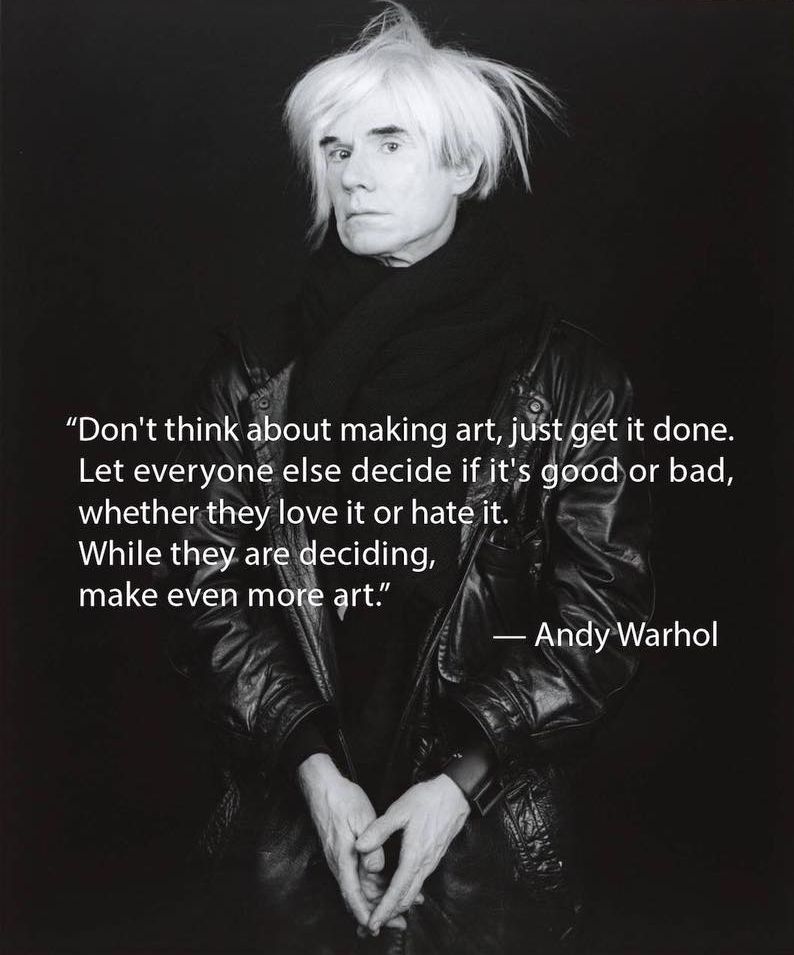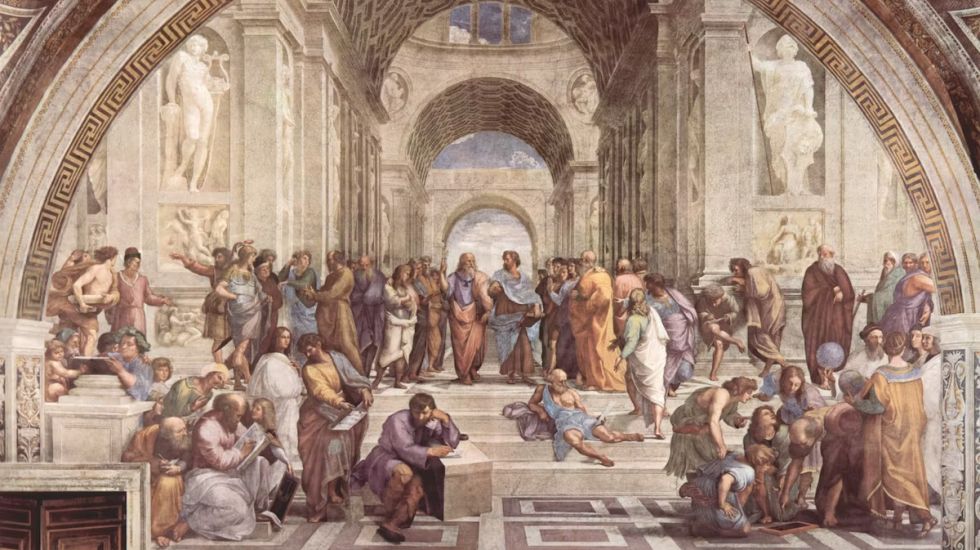Unveiling Art's Essence
Art is an integral part of society, influencing cultural norms and reflecting the emotions and experiences of individuals. Understanding the true definition of art and its impact on society is crucial in appreciating the depth of creative works. Artistic expression encompasses a wide range of forms, from visual arts to performing arts, each contributing to the rich tapestry of human culture. By deciphering the essence of art, we can unravel its profound societal impact and recognize its significance in shaping our collective identity.
Art's Societal Impact
Art has a profound impact on society, influencing cultural norms, values, and societal beliefs.
Cultural Influence
-
Art plays a pivotal role in shaping cultural norms and values by reflecting the beliefs and traditions of a society. It acts as a mirror that showcases the essence of different cultures, preserving their heritage and identity through visual and performing arts.
-
Furthermore, art influences societal beliefs by challenging existing perspectives and introducing new ideas. Artists often use their creations to provoke thought and inspire change, contributing to the evolution of cultural ideologies.
Emotional Connection
-
One of the most significant impacts of art is its ability to evoke emotions in individuals. Whether through paintings, music, or literature, art has the power to elicit a wide range of emotions, from joy and inspiration to introspection and empathy.
-
Additionally, art creates a sense of community by providing shared experiences that resonate with people from diverse backgrounds. It fosters connections among individuals who find common ground in their appreciation for artistic expressions, thereby strengthening social bonds.

What is art and how it is defined
Defining True Art
Artistic Authenticity
Genuine art is defined by specific criteria that distinguish it from imitation or counterfeit works. The authenticity of art is often determined by factors such as originality, creativity, and the artist's unique interpretation of their subject matter. True art captures the essence of the artist's vision and emotional depth, reflecting their individual perspective and creative expression.
Furthermore, the historical context and cultural significance of a piece contribute to its authenticity. Art that encapsulates the spirit of its time and resonates with societal values holds a distinct place in defining true artistic expression. The ability of genuine art to transcend temporal boundaries and evoke profound emotional responses solidifies its status as an authentic representation of human experience.
Artistic Expression
Artistic expression encompasses a diverse range of forms, including visual arts, literature, music, dance, theater, and more. Each form serves as a medium for artists to communicate their thoughts, emotions, and messages to their audience. Whether through vibrant brushstrokes on a canvas or evocative prose on a page, art has the power to convey complex ideas and evoke deep emotional responses.
Moreover, artistic expression extends beyond individual creations to encompass collective movements and cultural phenomena that shape our understanding of the world. Through various forms of artistic interpretation, artists articulate their perspectives on societal issues, personal experiences, and universal themes that resonate with audiences across different cultures and generations.
The Validation of Artists
Societal Recognition
The public acknowledgment of artists plays a pivotal role in validating their contributions to the cultural landscape. Society's recognition of an artist not only affirms their talent and dedication but also elevates their societal status, granting them the platform to influence and inspire others. This validation is essential for artists as it provides them with the encouragement and support necessary to continue their creative endeavors.
Moreover, societal recognition contributes to an artist's authenticity, establishing their place within the artistic community and solidifying their legacy. Artists who receive widespread acclaim are often regarded as cultural icons whose work resonates with diverse audiences, transcending geographical and temporal boundaries.
Artistic Impact
Artists wield significant influence in shaping culture and perceptions through their creations. Their ability to capture the essence of human experiences and convey profound messages allows true art to resonate with a wide audience. Authentic artistic expressions have the power to evoke emotions, provoke critical thinking, and foster empathy, thereby contributing to the enrichment of societal consciousness.
Furthermore, the impact of artists extends beyond individual works; it encompasses movements and collective endeavors that challenge existing norms and redefine cultural paradigms. True art has the potential to spark social change, instigate conversations about pressing issues, and foster unity among communities by providing a platform for shared experiences.
Art's Authenticity
Artistic Integrity
Maintaining artistic integrity is paramount in preserving the essence and value of true art. Artists who uphold their creative vision and artistic principles contribute to the authenticity of the art world, ensuring that genuine expressions continue to enrich societal consciousness. However, challenges arise in the form of fake artists, counterfeit works, and pseudo-artists, which pose a threat to the integrity of the art community.
Artistic integrity encompasses the artist's commitment to honesty, originality, and sincerity in their creative process. It reflects their dedication to presenting authentic experiences and emotions through their work, free from external influences that may compromise their artistic vision. By upholding integrity, artists uphold the sanctity of true art and safeguard it from being diluted or misrepresented.
Artistic Integrity: "The unwavering commitment to one's artistic vision is a testament to an artist's dedication to preserving the authenticity of their craft."
Self-Proclaimed Artists
The rise of self-proclaimed artists presents a challenge in maintaining the authenticity of art. Without societal validation or recognition from established artistic institutions, self-proclaimed artists face skepticism regarding the genuineness of their work. The influx of pseudo-artists contributes to a climate where true artistic expressions are overshadowed by imitation and superficial creations.
The lack of societal validation for self-proclaimed artists raises questions about the credibility and authenticity of their contributions to the art world. Furthermore, it underscores the impact of fake artists on diluting the significance and cultural resonance of genuine artistic endeavors.
In essence, safeguarding art's authenticity requires vigilance against counterfeit artists while fostering an environment that celebrates genuine creativity and artistic integrity.
Unraveling Art's True Nature
Art's impact on society and culture is undeniable, shaping the way we perceive the world and fostering a sense of shared humanity. The interplay between art and societal validation underscores the significance of authentic artistic expression in enriching our collective experiences. By delving into the true nature of art, we gain a more profound understanding of its ability to transcend boundaries, evoke emotions, and provoke introspection. Embracing diverse forms of artistic expression allows us to appreciate the profound depth of creative works and their enduring influence on our cultural tapestry.
